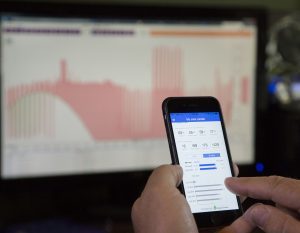 Over the past few years, Illinois has taken great strides to not only modernize its electric grid, but also to provide people and businesses with access to energy data.
Over the past few years, Illinois has taken great strides to not only modernize its electric grid, but also to provide people and businesses with access to energy data.
In February, the Illinois Commerce Commission (ICC) approved the release of anonymous, aggregate energy-use data on a large scale, broken out in half-hour increments, 24 hours a day. Sensing an opportunity to unlock innovation, Environmental Defense Fund (EDF) and the Citizens Utility Board (CUB), Illinois’ utility watchdog, dove into that treasure trove of granular data.
Specifically, we wanted to see how the customers of Illinois’ largest electric utility, ComEd, would have fared under a “real-time pricing” program in which power prices change hourly. Anonymous data from over 300,000 homes revealed several interesting tidbits that we’re sharing in our new whitepaper, The Costs and Benefits of Real-Time Pricing.
Most importantly, the study shows that real-time prices would have saved 97 percent of customers money in 2016 – even if the customers made no changes to how they use electricity. Read More
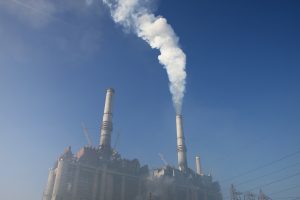
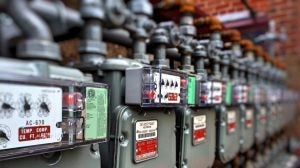
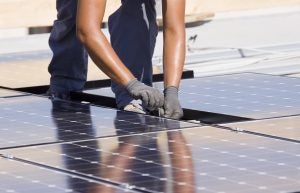
 The U.S. electricity industry is experiencing unprecedented innovation and change. The grid is getting smarter and customers can play a more active role in how their electricity is made, moved, and used. Between all the initiatives that utilities, cities, and states are pursuing and the new services and products that entrepreneurs are creating, it can be difficult to keep up.
The U.S. electricity industry is experiencing unprecedented innovation and change. The grid is getting smarter and customers can play a more active role in how their electricity is made, moved, and used. Between all the initiatives that utilities, cities, and states are pursuing and the new services and products that entrepreneurs are creating, it can be difficult to keep up.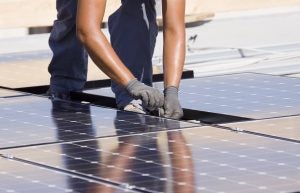 By Tyler Fitch, 2017 EDF Climate Corps Fellow
By Tyler Fitch, 2017 EDF Climate Corps Fellow